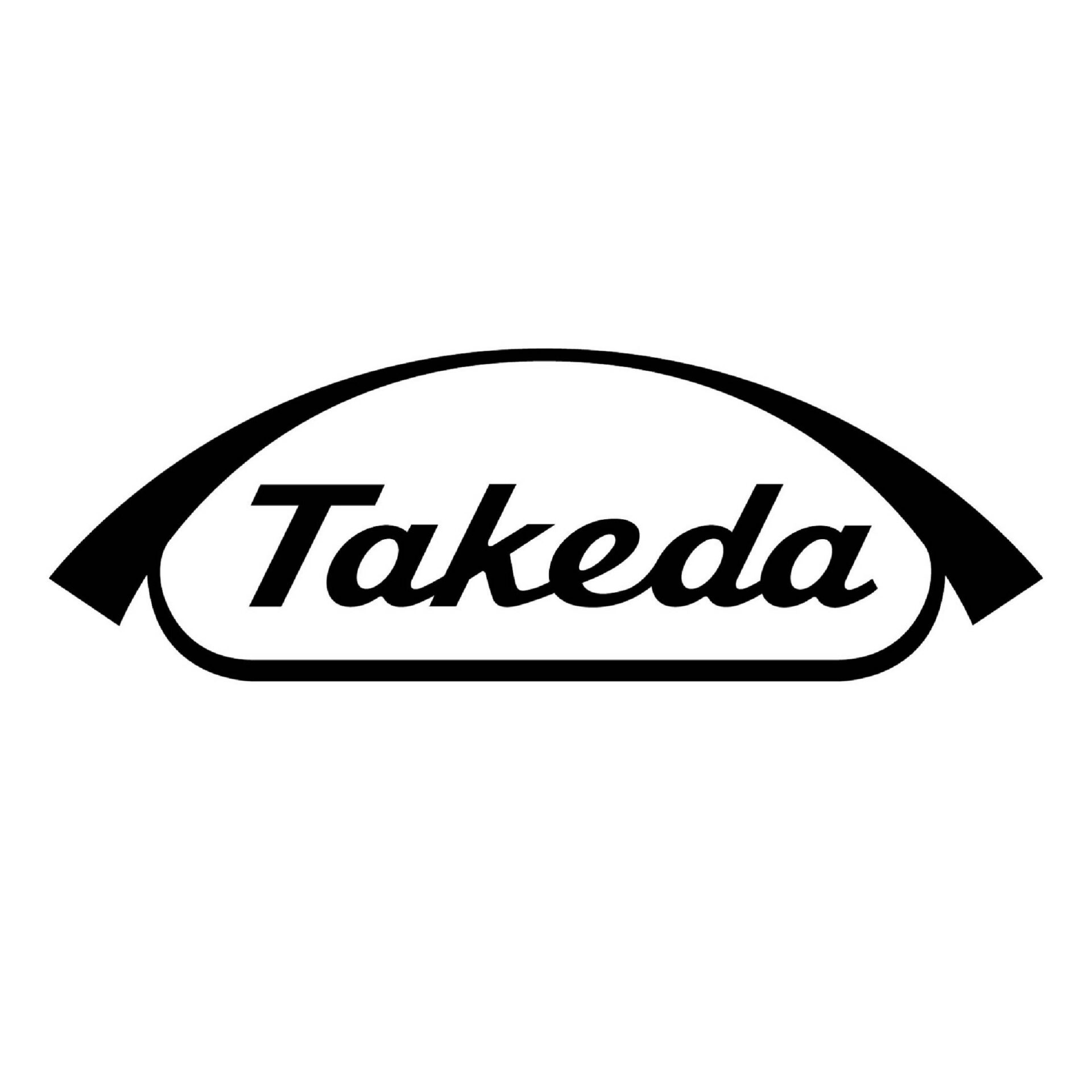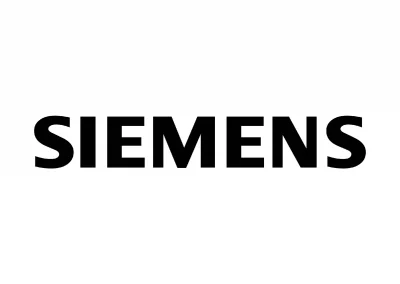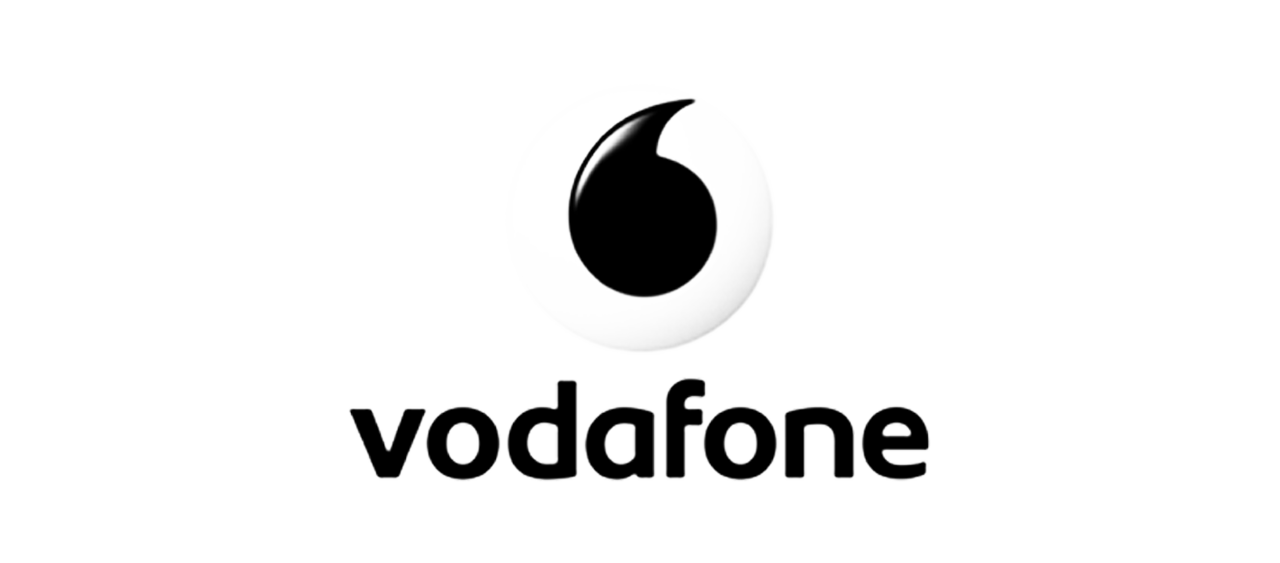- Introduction
NIYU is committed to its own corporate responsibility and thus to ecologically, economically and socially responsible corporate management. We expect the same behaviour from all our suppliers. We also expect our employees to comply with the principles of ecological, social and ethical behaviour and to integrate them into the corporate culture. Furthermore, we strive to continuously optimise our business activities and our services in terms of sustainability. NIYU’s membership in Leaders for Climate Action underscores the commitment to sustainable development.
Despite our size compared to our competitors, we are still a small team consisting of permanent and freelance employees who combine different strengths, weaknesses, skills and competences and work closely together. In order to function together in the long term, it is absolutely necessary to live and maintain an open and honest culture. This open attitude is existential for us and also a clear USP for our customers, project partners and colleagues.
Our claim is to combine sustainability with the company and to be a credible contact partner for our partners and customers on the subject of sustainability and event (technology). We understand sustainability in the sense of a multi-dimensional, holistic approach. This includes all aspects of corporate responsibility. This Code of Conduct is intended to serve as the basis for a common understanding.
This Code of Conduct is based on national laws and regulations as well as international conventions such as the United Nations Universal Declaration of Human Rights, the Guidelines on Children’s Rights and Business Conduct, the United Nations Guiding Principles on Business and Human Rights and the International Labour Standards of the International Labour Organization.
This Code of Conduct applies equally to the NIYU company and to each employee. The guideline sets out minimum requirements. The formulated requirements can be supplemented and deepened in further guidelines. This applies to documents for purely internal purposes (e.g. personnel handbook, sustainability roadmap) as well as to general company-related guidelines (e.g. guideline on diversity and inclusion).
- Requirements for the employees
Social responsibility
Human rights
NIYU respects, protects and promotes the applicable regulations for the protection of human and children’s rights (hereinafter human rights) as fundamental and universally applicable specifications. NIYU rejects any use of child, forced and compulsory labour as well as any form of modern slavery and human trafficking. This applies not only to cooperation within the company, but of course also to the behaviour of and towards business partners. Employees are instructed to respect human rights as a fundamental guideline and to be alert to human rights violations in their own environment. Violations or suspicions of violations must be reported to the management.
Fair wage
The remuneration for regular hours and overtime must be equal to the national statutory minimum wage or the industry minimum standards, whichever is higher. The remuneration for overtime must in any case exceed the remuneration for regular hours. Insofar as the remuneration is not sufficient to cover the costs of ordinary living and to build up a minimum level of reserves, the supplier shall be obliged to increase the remuneration accordingly. The employees shall be granted all benefits prescribed by law. Wage deductions as punitive measures are not permitted.
Fair working time
Working hours must comply with applicable laws or industry standards. Overtime is only permitted if it is worked on a voluntary basis and does not exceed 12 hours per week, while employees must be given at least one day off after six consecutive working days. The weekly working time shall not regularly exceed 48 hours.
Freedom of association
The right of workers to form and join organisations of their choice and to bargain collectively shall be respected. In cases where freedom of association and the right to collective bargaining are restricted by law, alternative means of independent and free association of workers for the purpose of collective bargaining shall be provided. Workers’ representatives shall be afforded special protection against discrimination. They shall be granted free access to the workplaces of their colleagues to ensure that they can exercise their rights in a lawful and peaceful manner.
Prohibition of discrimination
Discrimination against employees in any form is not permitted. This applies, for example, to discrimination based on gender, race, caste, skin colour, disability, political conviction, origin, religion, age, pregnancy or sexual orientation. The personal dignity, privacy and personal rights of each individual are respected.
Ecological responsibility
Treatment and discharge of industrial waste water
Wastewater from operational processes and sanitary facilities must be typed, monitored, inspected and, if necessary, treated before discharge or disposal. In addition, measures should be introduced to reduce the generation of wastewater.
Managing air emissions
General emissions from operations (air and noise emissions) and greenhouse gas emissions shall be typed, routinely monitored, verified and treated as necessary prior to their release.
Handling waste and hazardous substances
Each employee shall follow the company’s defined systematic approach to identify, handle, reduce and responsibly dispose of or recycle solid waste. Chemicals or other materials that pose a hazard when released into the environment shall be identified and handled in a manner that ensures safety during their handling, transport, storage, use, recycling or reuse and disposal.
Reduce consumption of raw materials and natural resources
The use and consumption of resources in the company and the generation of waste of any kind, including water and energy, shall be reduced or avoided.
Dealing with energy consumption and energy efficiency
Energy consumption shall be monitored and documented. Economic solutions of an organisational and technical nature shall be found to improve energy efficiency and minimise energy consumption.
Ecological planning
As a planning service company, these goals are to be improved in the production processes of the downstream supplier chains in the planning and critically reviewed in the implementation.
Ethical business behaviour
Fair competition
The standards of fair business, fair advertising and fair competition shall be observed. In addition, the applicable antitrust laws must be applied, which in particular prohibit agreements and other activities that influence prices or conditions in dealings with competitors. Furthermore, these regulations prohibit agreements between customers and suppliers that are intended to restrict customers’ freedom to autonomously determine their prices and other conditions when reselling.
Confidentiality and data protection
NIYU and each employee are committed to meeting the reasonable expectations of the client, suppliers, customers, consumers and employees with respect to the protection of private information. The collection, storage, processing, transfer and disclosure of personal information must comply with data protection and information security laws and government regulations.
Intellectual property
Intellectual property rights shall be respected; technology and know-how transfers shall be made in a way that protects intellectual property rights and customer information.
Integrity, bribery and taking advantage
The highest standards of integrity shall be applied in all business activities. NIYU has a zero tolerance policy in prohibiting all forms of bribery, corruption, extortion and embezzlement. Compliance with anti-corruption laws shall be ensured.
- Implementation of the requirements
NIYU and each employee have a duty and should encourage others to report any situation in which they reasonably believe that a violation or potential violation of the Policy, other Company policies, or any law or regulation has occurred or may occur.
Subject to applicable laws, any employee who violates this policy will be subject to disciplinary action up to and including dismissal for misconduct or gross misconduct.
NIYU may terminate its relationships with other persons and entities acting on behalf of NIYU if they violate this policy.



















